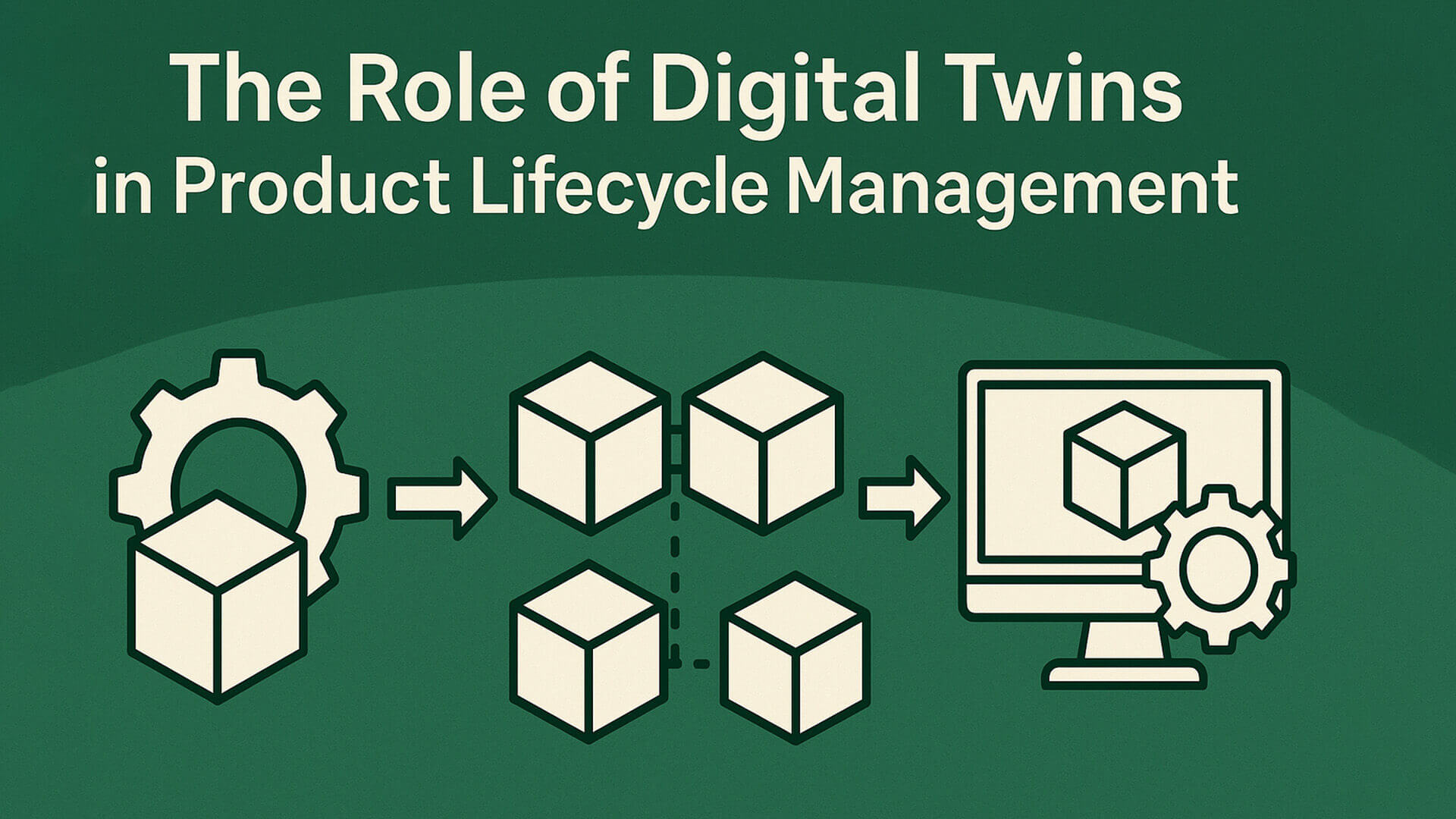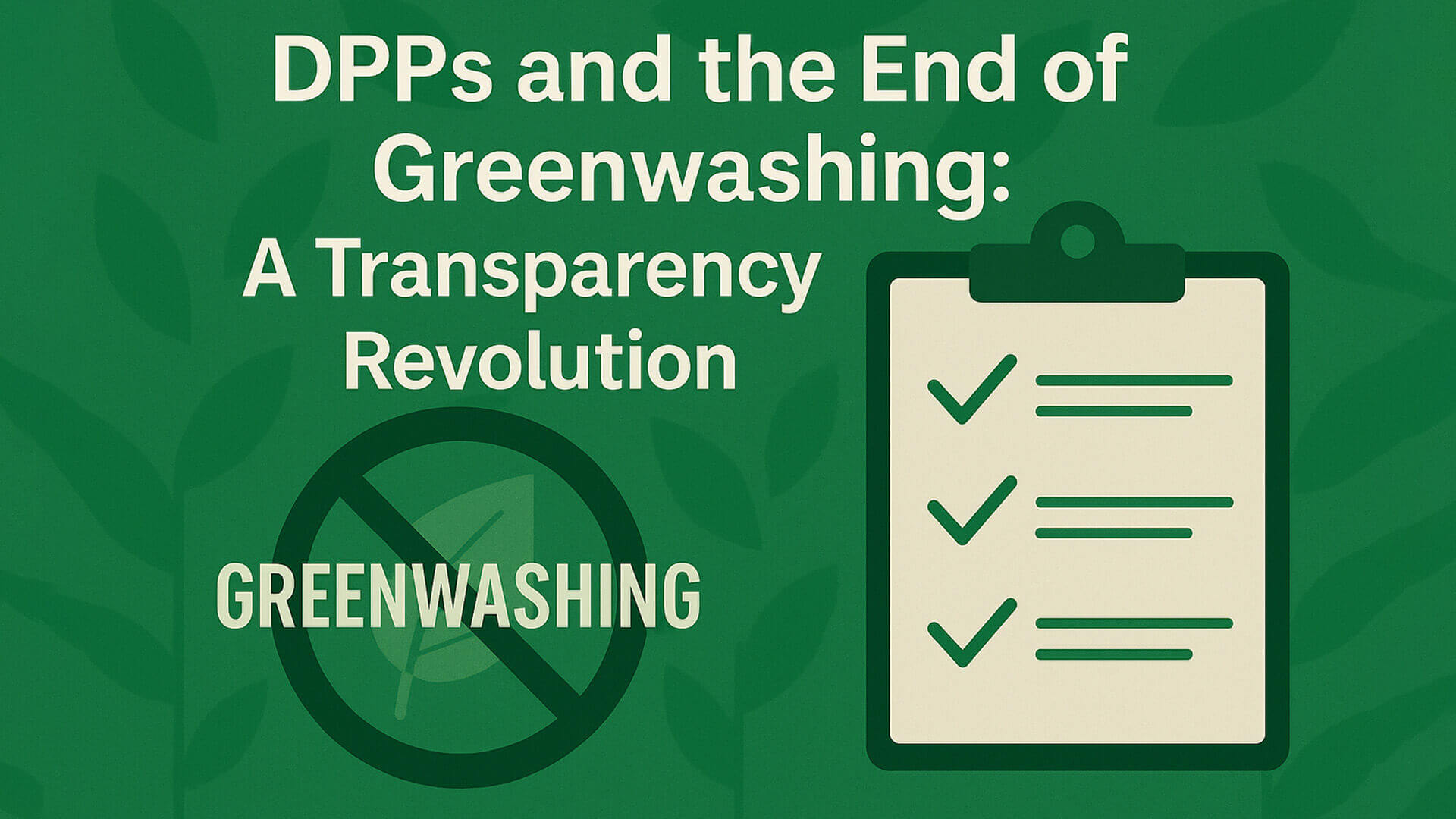- info@greenthreadsdpp.com
- Southampton, United Kingdom
Future Trends in Sustainability: What to Expect in the Coming Years.

Sustainability has become a pivotal focus for businesses, governments, and individuals alike. As we move further into the 21st century, the urgency for sustainable practices intensifies, driven by climate change, resource depletion, and social equity concerns. This article delves into the future trends in sustainability that are poised to reshape industries, influence consumer behaviour, and promote a greener planet.
1. The Rise of Circular Economy
The circular economy model is gaining traction as businesses realise the limitations of the traditional linear economy. Instead of a "take, make, dispose" approach, the circular economy promotes a regenerative system where resources are reused, repaired, and recycled.
Key Aspects:
- Product Life Extension: Companies will increasingly focus on designing products for longevity, repairability, and upgradability.
- Waste as a Resource: Industries will look to transform waste materials into valuable resources, reducing the reliance on virgin materials.
- Collaboration Across Sectors: Cross-industry collaborations will emerge to develop circular supply chains, sharing best practices and resources.
2. Technological Innovations Driving Sustainability
Technology is a powerful enabler of sustainability. Innovations across various sectors are set to play a crucial role in enhancing efficiency and reducing environmental impact.
Key Technologies:
- Artificial Intelligence (AI): AI will help optimise energy usage, streamline supply chains, and improve waste management.
- Blockchain: This technology can enhance transparency in supply chains, ensuring ethical sourcing and sustainability compliance.
- Renewable Energy Technologies: Advancements in solar, wind, and energy storage will make renewable energy more accessible and cost-effective.
3. Sustainable Urban Development
As urbanisation continues to rise, the focus on sustainable urban development will intensify. Cities will strive to create greener, smarter, and more resilient environments.
Trends to Watch:
- Green Infrastructure: Urban planning will incorporate green roofs, permeable pavements, and urban forests to manage stormwater and improve air quality.
- Smart Cities: The integration of technology in city infrastructure will enhance energy efficiency, waste management, and public transport systems.
- Mixed-Use Developments: The shift towards mixed-use developments will reduce the need for transportation, fostering walkable communities.
4. Corporate Social Responsibility (CSR) and Accountability
Consumers are increasingly holding companies accountable for their environmental and social impact. As a result, corporate social responsibility will evolve from a checkbox initiative to a core business strategy.
Key Developments:
- Sustainability Reporting: Companies will adopt transparent sustainability reporting frameworks, enabling stakeholders to assess their performance.
- Stakeholder Engagement: Businesses will engage with stakeholders, including customers, employees, and communities, to co-create sustainable solutions.
- Impact Investing: Investors will prioritize companies with strong sustainability practices, driving a shift in capital allocation.
5. The Importance of Biodiversity and Ecosystem Restoration
As the impacts of climate change and habitat destruction become more evident, biodiversity and ecosystem restoration will take centre stage in sustainability discussions.
Focus Areas:
- Conservation Initiatives: Businesses and governments will invest in conservation projects aimed at protecting endangered species and habitats.
- Restoration Projects: Ecosystem restoration efforts, such as reforestation and wetland restoration, will become essential for combating climate change.
- Sustainable Agriculture: Practices that promote biodiversity in agriculture, such as permaculture and agroforestry, will gain popularity.
6. The Shift to Sustainable Consumerism
Consumer preferences are shifting towards sustainable products and services. Businesses must adapt to meet these evolving demands.
Consumer Trends:
- Ethical Purchasing: Consumers are increasingly seeking products with ethical sourcing, minimal environmental impact, and fair trade practices.
- Minimalism and Conscious Consumption: The rise of minimalism encourages consumers to buy less but of higher quality, focusing on sustainability and longevity.
- Digital Solutions: E-commerce platforms will enhance transparency, enabling consumers to make informed choices about their purchases.
7. Climate Adaptation Strategies
As the effects of climate change become more pronounced, businesses and communities will need to implement adaptation strategies to mitigate risks.
Adaptation Measures:
- Infrastructure Resilience: Investments in resilient infrastructure will protect communities from extreme weather events and rising sea levels.
- Water Management: Strategies for sustainable water management will address shortages and improve water quality.
- Climate-Resilient Agriculture: Farmers will adopt climate-smart agricultural practices to enhance food security in changing conditions.
8. Policy and Regulation Evolution
Government policies will play a crucial role in shaping the sustainability landscape. Expect to see stronger regulations aimed at reducing carbon emissions and promoting sustainable practices.
Regulatory Trends:
- Carbon Pricing: Governments will implement carbon pricing mechanisms to incentivise emissions reductions.
- Sustainable Development Goals (SDGs): The SDGs will continue to guide policy frameworks, driving efforts towards sustainability.
- Incentives for Sustainable Practices: Expect tax incentives and grants for businesses adopting sustainable practices.
9. The Role of Education and Awareness
Education will be a cornerstone of fostering a sustainable future. Raising awareness about sustainability issues will empower individuals and communities to make informed choices.
Education Initiatives:
- Sustainability Curriculum: Educational institutions will integrate sustainability into their curricula, preparing future leaders for the challenges ahead.
- Public Awareness Campaigns: Governments and NGOs will launch campaigns to raise awareness about sustainability issues and encourage responsible behaviour.
- Community Engagement: Local communities will engage in sustainability initiatives, fostering a sense of ownership and responsibility.
Conclusion
The future of sustainability is bright, filled with opportunities for innovation, collaboration, and positive change. As businesses, governments, and individuals embrace these trends, we can collectively work towards a sustainable future that benefits people and the planet. By staying informed and proactive, we can contribute to a more sustainable world for generations to come.





